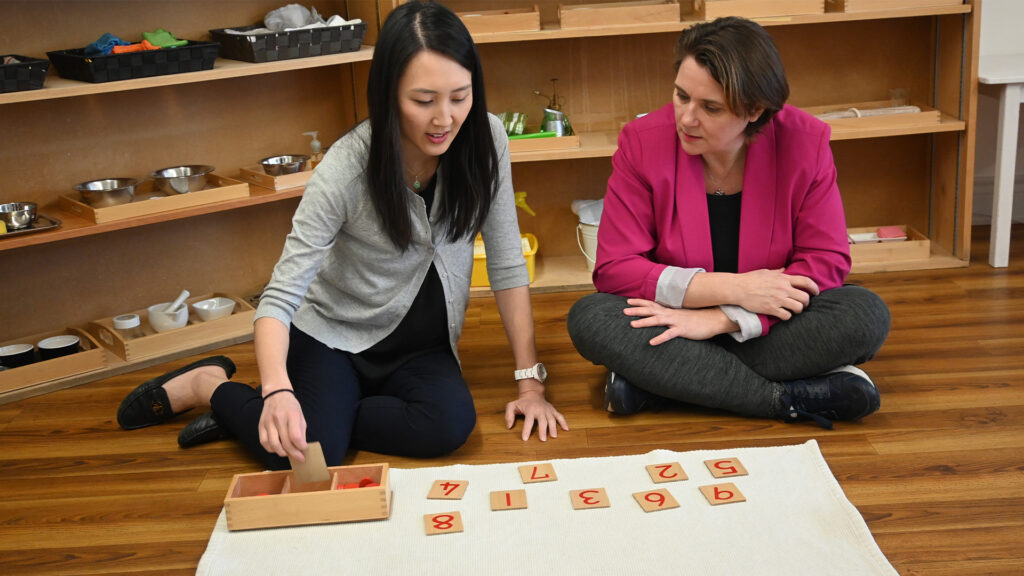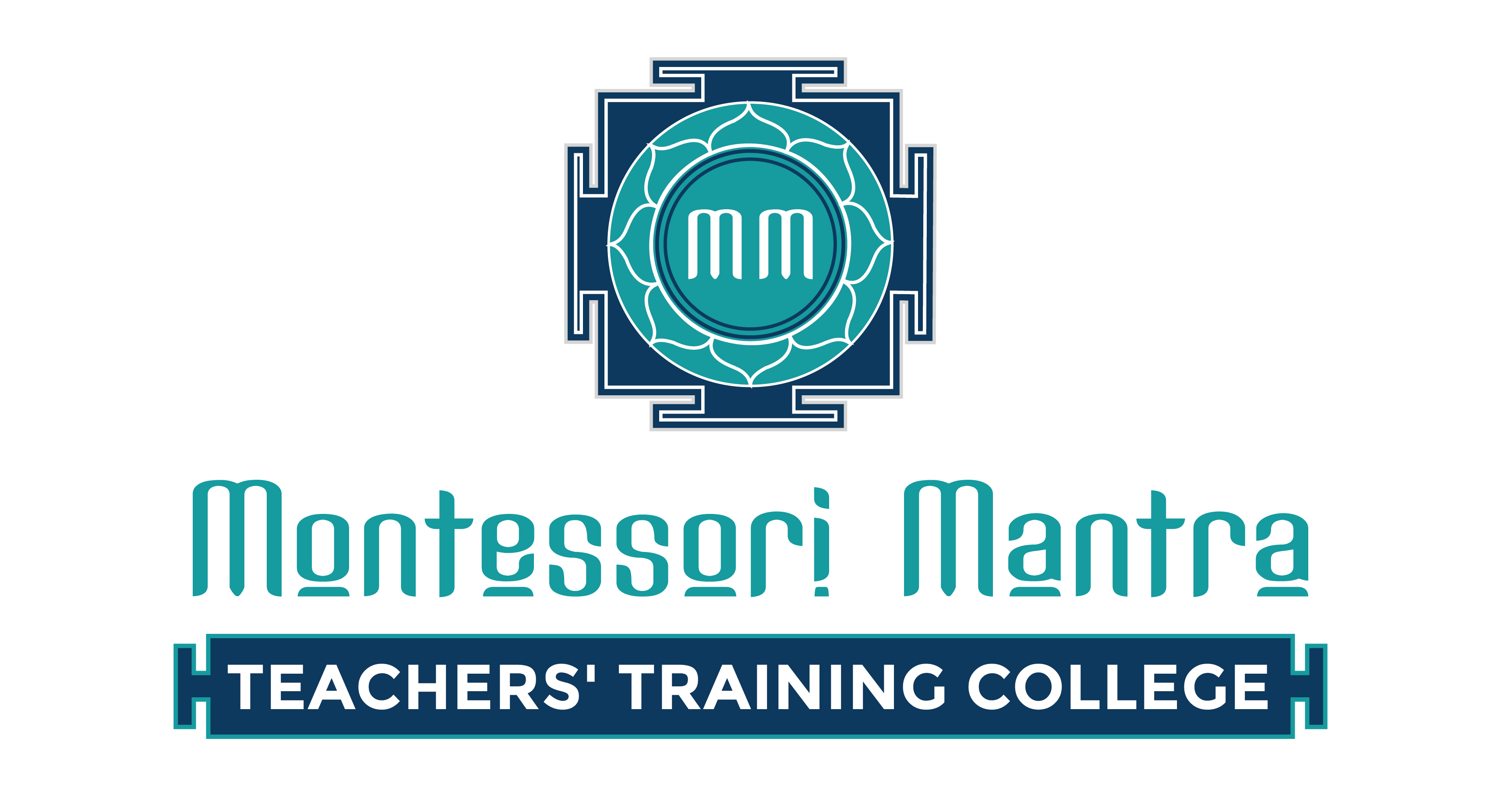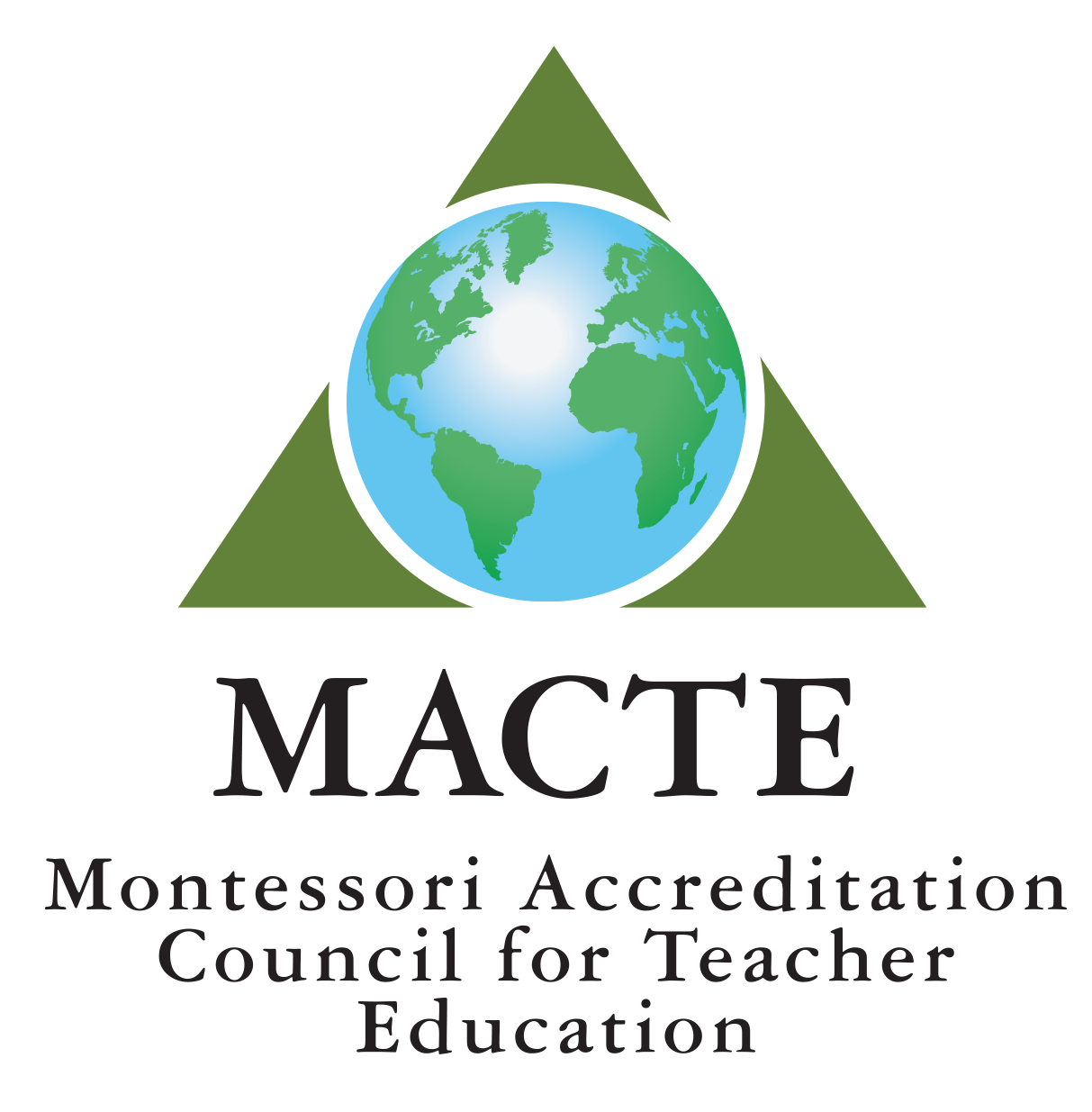
Montessori education has gained global recognition for its child-centered approach that fosters independence, creativity, and lifelong learning. Unlike traditional education models, Montessori provides a unique environment where children can explore, ask questions, and develop at their own pace. For those considering Montessori education for their child or aspiring educators, here are the key benefits that set this method apart.
1. Promotes Independence
One of the core tenets of Montessori education is fostering independence in children. The Montessori classroom is designed with child-sized furniture and accessible materials, allowing children to make their own choices and complete tasks without adult intervention. This sense of autonomy helps children build confidence and self-reliance from an early age.
2. Encourages a Love for Learning
Montessori education is child-led, meaning students have the freedom to pursue topics and activities that genuinely interest them. This approach encourages children to develop a lifelong passion for learning as they associate education with curiosity and discovery rather than a forced obligation.
3. Develops Critical Thinking and Problem-Solving Skills
In Montessori classrooms, children engage in hands-on activities that require active problem-solving and critical thinking. Instead of passively receiving information, students explore concepts through trial and error, fostering analytical thinking that is essential for future academic success.
4. Builds Social Skills Through Collaboration
Montessori classrooms feature mixed-age groups, allowing younger students to learn from older peers while giving older students the opportunity to mentor. This collaborative environment promotes mutual respect, communication, and teamwork, all of which are critical social skills that benefit children both in and out of school.
5. Emphasizes Practical Life Skills
Unlike traditional education, which often focuses solely on academic subjects, Montessori integrates practical life skills into the curriculum. Children learn everyday tasks such as cleaning, cooking, and gardening, which helps them develop fine motor skills and a sense of responsibility.
6. Tailors Learning to the Individual
Montessori education recognizes that every child learns at their own pace and in their own style. The curriculum is flexible and designed to meet the individual needs of each student, ensuring that no child feels left behind or pressured to keep up with others.
7. Nurtures Emotional and Social Development
By encouraging independence and self-directed learning, Montessori education also fosters emotional maturity. Children learn to regulate their emotions, build self-discipline, and develop empathy and respect for others in a calm and supportive environment.
8. Provides a Holistic Approach to Education
Montessori education takes a holistic approach to development, focusing on the child’s cognitive, emotional, social, and physical growth. This well-rounded methodology ensures that children are not just academically prepared but are also emotionally resilient and socially aware.
9. Prepares Children for Real-World Challenges
By blending academic learning with practical life skills and social development, Montessori education equips children with the tools they need to navigate real-world challenges. Graduates of Montessori programs often demonstrate adaptability, problem-solving capabilities, and strong interpersonal skills.
Montessori education offers numerous benefits that go beyond traditional academics. It nurtures independence, encourages a love for learning, and provides children with the skills they need to thrive in both their personal and academic lives. For those considering this educational approach, the Montessori method stands out as a holistic and enriching option.


